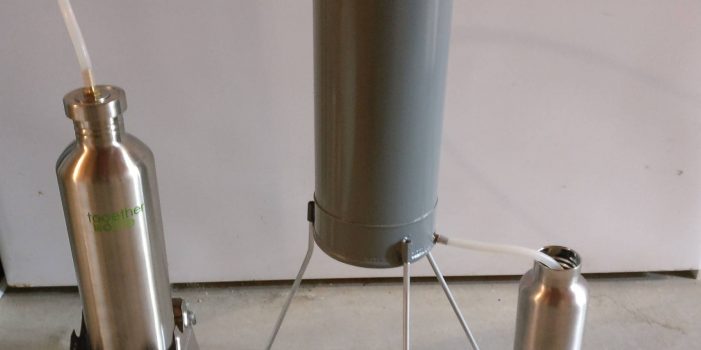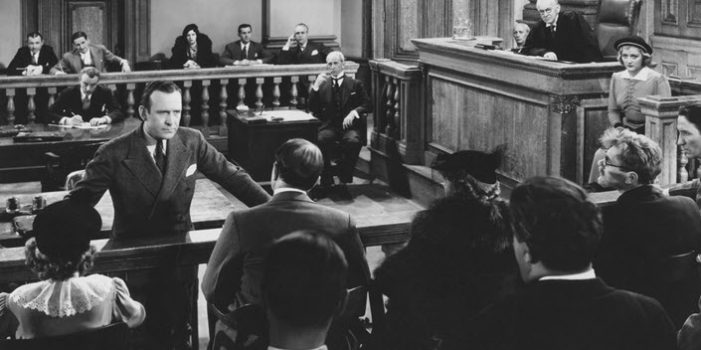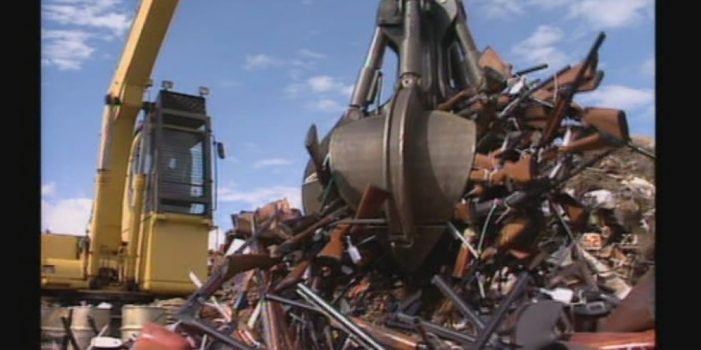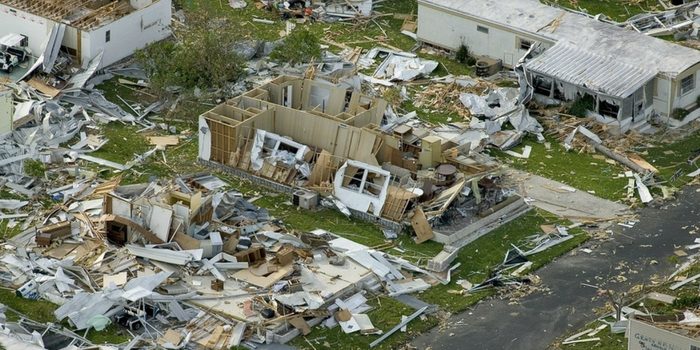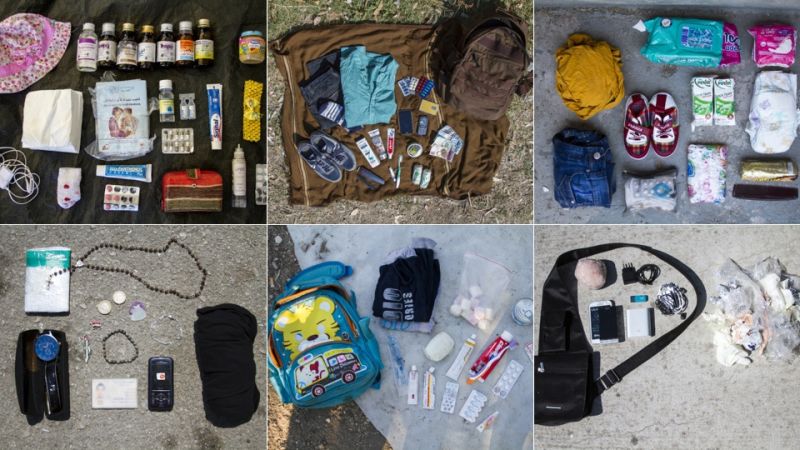A Portable Water Distiller- Part 2, by JMD
Recent history has shown us that clean water is almost always one of the first items to become unavailable after a disaster. Since I live within a day’s walk of the Atlantic Ocean and occasionally camp near the shore, I wanted to make a portable water distiller that could handle salt water as well as some of the more contaminated fresh water sources. In this article, I outlined my objectives for a distiller and now am writing how I built one. So far, in part 1, I have provided a materials list and provided the first few steps, which included …

